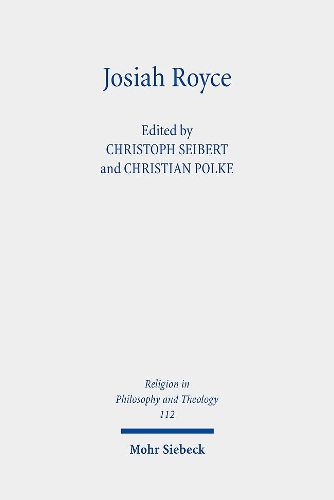Readings Newsletter
Become a Readings Member to make your shopping experience even easier.
Sign in or sign up for free!
You’re not far away from qualifying for FREE standard shipping within Australia
You’ve qualified for FREE standard shipping within Australia
The cart is loading…






Josiah Royce was undoubtedly one of the most interesting thinkers of classical American philosophy in the transition from the 19th to the 20th century. His works cover a wide range of subjects from psychology and issues of social philosophy to metaphysics. Surrounded by philosophers such as William James or Charles Sanders Peirce, Royce developed a concept of pragmatism which he himself called absolute pragmatism and which was centred around a theory of community. The essays in this edited volume deal with this pragmatistic approach in his work and discuss it from various points of view. Among other things, they explore Royce’s relationship to German idealism, the foundation of his ethics as well as his philosophical doctrine of God and his philosophy of religion. This results in rather divergent assessments of his philosophy, each of which is evidence of the enduring relevance of his thinking for the world of today.
$9.00 standard shipping within Australia
FREE standard shipping within Australia for orders over $100.00
Express & International shipping calculated at checkout
Josiah Royce was undoubtedly one of the most interesting thinkers of classical American philosophy in the transition from the 19th to the 20th century. His works cover a wide range of subjects from psychology and issues of social philosophy to metaphysics. Surrounded by philosophers such as William James or Charles Sanders Peirce, Royce developed a concept of pragmatism which he himself called absolute pragmatism and which was centred around a theory of community. The essays in this edited volume deal with this pragmatistic approach in his work and discuss it from various points of view. Among other things, they explore Royce’s relationship to German idealism, the foundation of his ethics as well as his philosophical doctrine of God and his philosophy of religion. This results in rather divergent assessments of his philosophy, each of which is evidence of the enduring relevance of his thinking for the world of today.